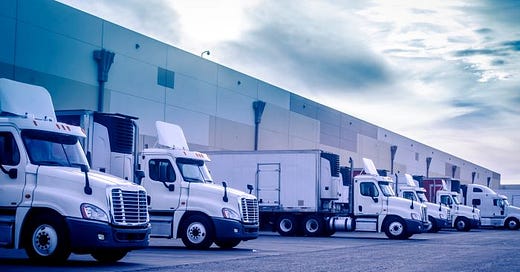Retailers turn toward private fleets
Supply chains have encountered delivery delays, capacity constraints, and volatile rates since the COVID pandemic began in 2020. While there has been some easement, retailers are taking control of parts of their supply chains to control costs and strengthen networks.
"Transportation probably has never had a higher visibility and importance within compan…




